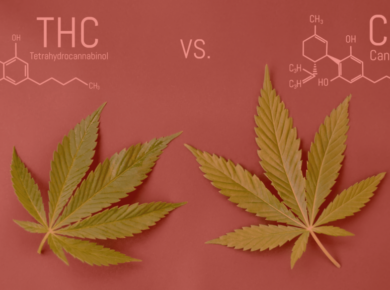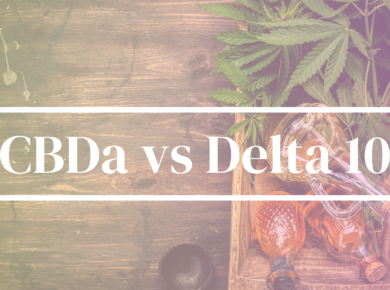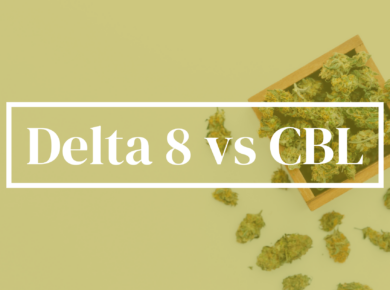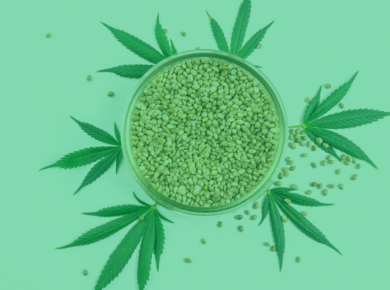CBNV (Cannabinovarin) and Delta 9-THC are both compelling cannabinoids derived from the cannabis plant. The primary distinction between these two compounds is rooted in their psychoactive attributes and the sensations they evoke.
CBNV, a non-psychoactive cannabinoid, does not induce the typical “high” commonly linked with cannabis consumption. This compound is a variation of Cannabinol (CBN) and is generally present in aged cannabis, as THC deteriorates over time.
In contrast, Delta 9-THC stands out as the primary psychoactive element in cannabis. This compound is the driving force behind the euphoric and intoxicating feelings most people associate with cannabis consumption.
To encapsulate, while Delta 9-THC is psychoactive, CBNV is not. However, both belong to the intricate and varied family of compounds synthesized by the cannabis plant.
Many States allow hemp derived cannabinoids under the 2018 Farm Bill as long as they contain less than .3% D9 THC. Some States have explicitly banned cannabinoids like Delta 8, so check your local rules and regulation before purchasing.
Here’s the rules for Kush.com and more details
Frequently Asked Questions (FAQs)
What’s the Fundamental Difference Between CBNV and Delta 9-THC? CBNV and Delta 9-THC are both constituents of the cannabis plant. Their primary distinction lies in their psychoactive traits. Delta 9-THC is renowned for its mind-altering effects, whereas CBNV, being non-psychoactive, does not deliver the same “high.”
How Does CBNV’s Chemical Composition Differ from Delta 9-THC? CBNV and Delta 9-THC have distinct chemical structures. The former lacks a cyclic ring and possesses a side chain, which results in their varied influences on the human body.
Are Specific Cannabis Strains Richer in CBNV than Delta 9-THC? Indeed, different cannabis strains boast varying cannabinoid levels, including CBNV and Delta 9-THC. Nevertheless, most strains predominantly feature THC, one of the most abundant cannabinoids. The CBNV content can differ based on the strain and cultivation techniques.
Are Both CBNV and Delta 9-THC Present in Hemp? Absolutely. Both CBNV and Delta 9-THC are found in hemp, a Cannabis sativa variant. Legally, hemp should contain 0.3% or lesser THC, ensuring it doesn’t intoxicate. CBNV’s concentration in hemp can vary, but it’s usually on the lower side compared to other cannabis types.
How Does the Human Body Respond to CBNV vs. Delta 9-THC? The body’s reactions to CBNV and Delta 9-THC differ due to their interactions with the endocannabinoid system. Delta 9-THC directly binds with the brain’s CB1 receptors, resulting in its psychoactive traits. CBNV doesn’t directly engage with these receptors, explaining its absence of the typical “high.” However, further studies are crucial to grasp CBNV’s complete effects.
Shop
Similar Product Searches You Might Be Interested In:






